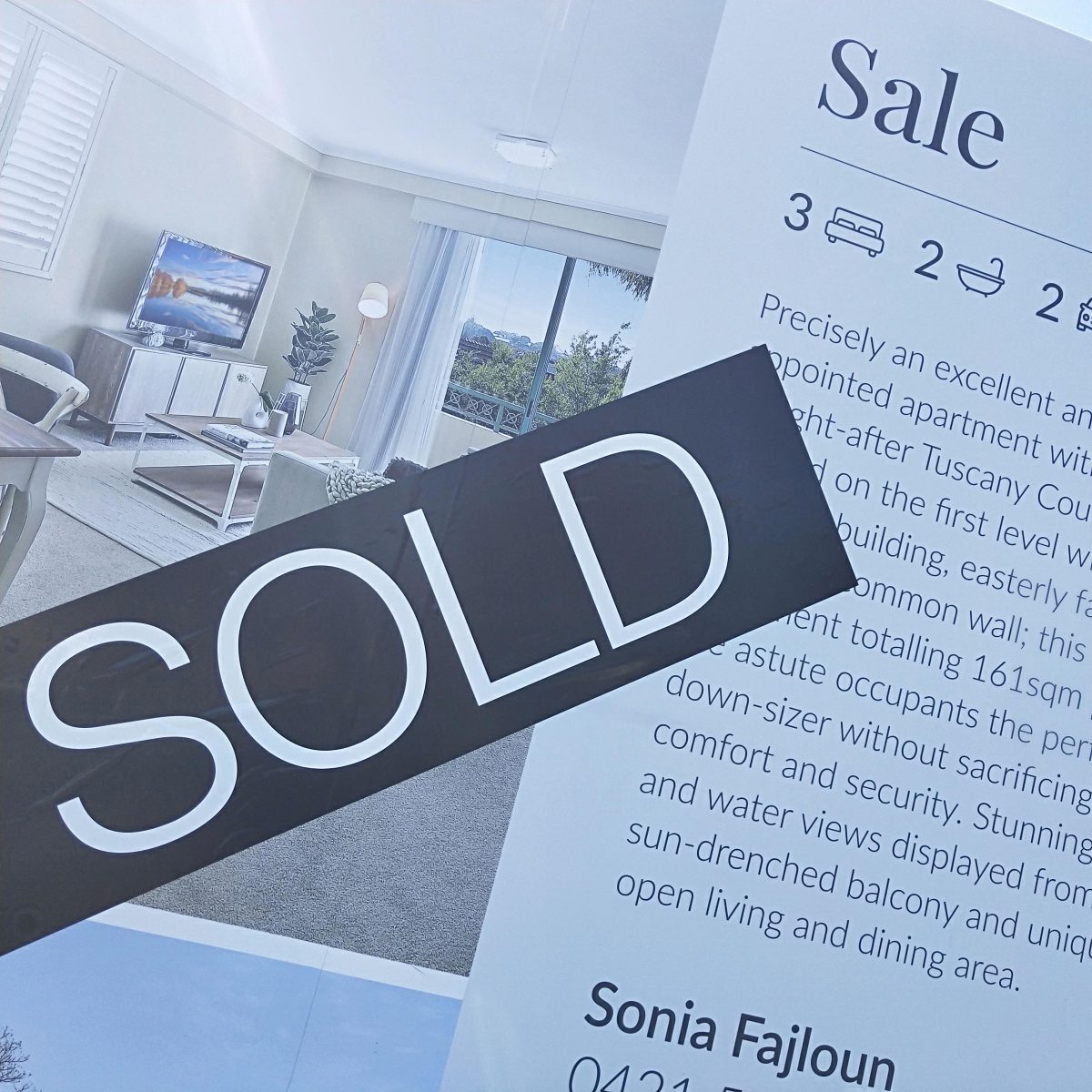
Setting a sale price that is focused only on your own needs and expectations as a seller is dangerous. You need to conduct in-depth research and use the experience of a real estate agent familiar with your local area to ensure you get the best price from the market.
It’s a natural inclination to inflate the value of your home, but it can be an expensive mistake. An asking price that is too high drives away potential buyers risks keeping the property on the market for an extended period. That’s the last thing you want.
Buyers notice properties that don’t sell in six-week to two-month cycles and either dismiss them or start looking for ways to bargain, exploiting you as an increasingly desperate vendor.
Finding a price that will meet the market and deliver you the best return is a mixture of art and science.
The science is research. You should focus on discovering the price expectations for homes currently for sale in your area and the prices achieved by similar properties that have sold over the previous six months. Within this framework, you’ll find a realistic benchmark.
The art is delivered by your real estate agent. They’ll explain the dynamics of the market and describe how they’ll highlight and maximise the facets of your property that will excite potential buyers.
Here are 10 tips – and one golden rule – to confidently set an asking price:
- Undertake in-depth research of websites, newspapers and local real estate agents to get a price range for your house.
- Beware of the algorithm-driven tools on websites that spit out a price. They can be inaccurate and do not represent the specific value of your home. Instead they offer only a generalisation.
- Be cautious of using smaller property sites for your research, as some make their money by passing on your details to a real estate agent.
- Seek out properties for sale in nearby streets and surrounding blocks to see what price or reserves have been set. Six similar homes will be sufficient to give you a reasonable benchmark.
- Ask real estate agents about the prices that have been achieved in the past six months for homes similar to yours. Follow up with any agent who has put a flyer in your letter box claiming recent sales and offering to do the same for you. Grill them on the difference between the original asking price and what the owner finally settled for. Don’t be shocked if there is a significant difference between the two.
- With your research complete, consider asking a valuer to give you an independent price estimate. This will give you an even stronger sense of the level you might achieve.
- Invite agents to pitch for your business. Beware of those who suggest an inflated price in hope that’ll win your listing, or those who say they let the market decide. That’s not the way to get the best price.
- Use your research to validate any agent claims including current market appraisals.
- Ask an agent to state the strengths of your property, what buyers are currently looking for and how this all rolls up in terms of setting an attractive price. Ask them about their marketing strategy for your property.
- Remember, the value of an agent is not their opinion on what they think a house will sell for. You want an agent who knows how to get the best price. Gauging their strategies and processes is by far the most important element of your conversation with them.
The Golden Rule: Never speak these words, “I won’t take a cent less than …” Why? Because human nature being what it is, agents may see this as the target price. Conversation about your bottom line can come later, either closer to an auction or during negotiation with a buyer.
